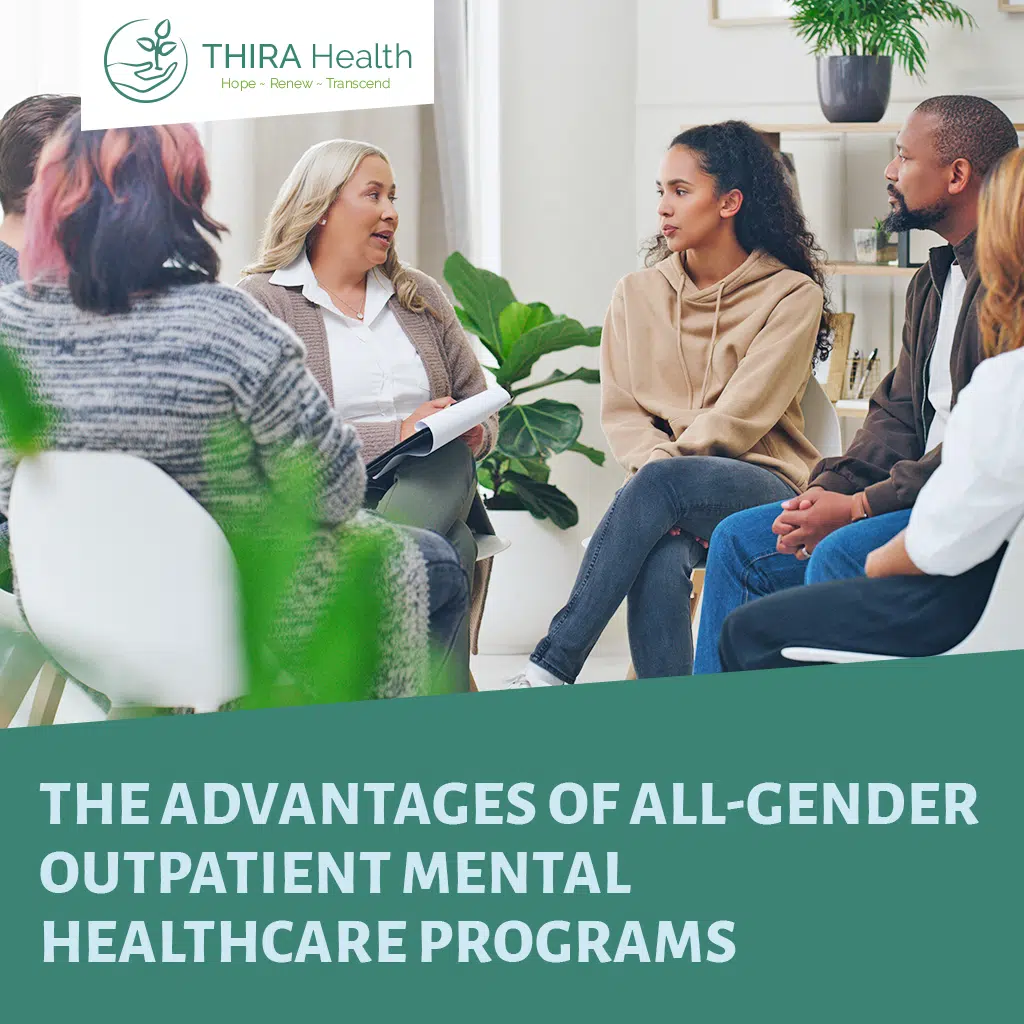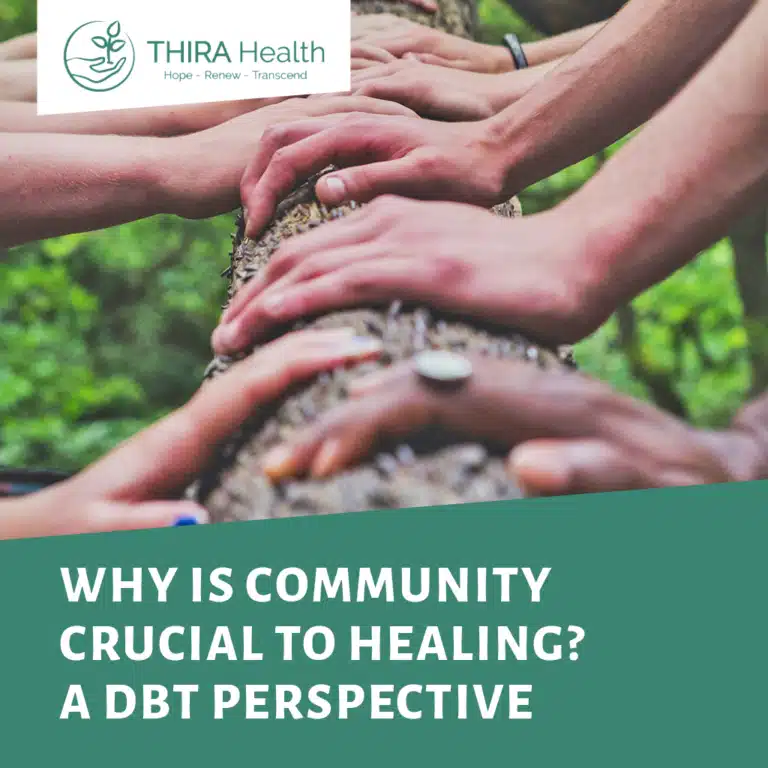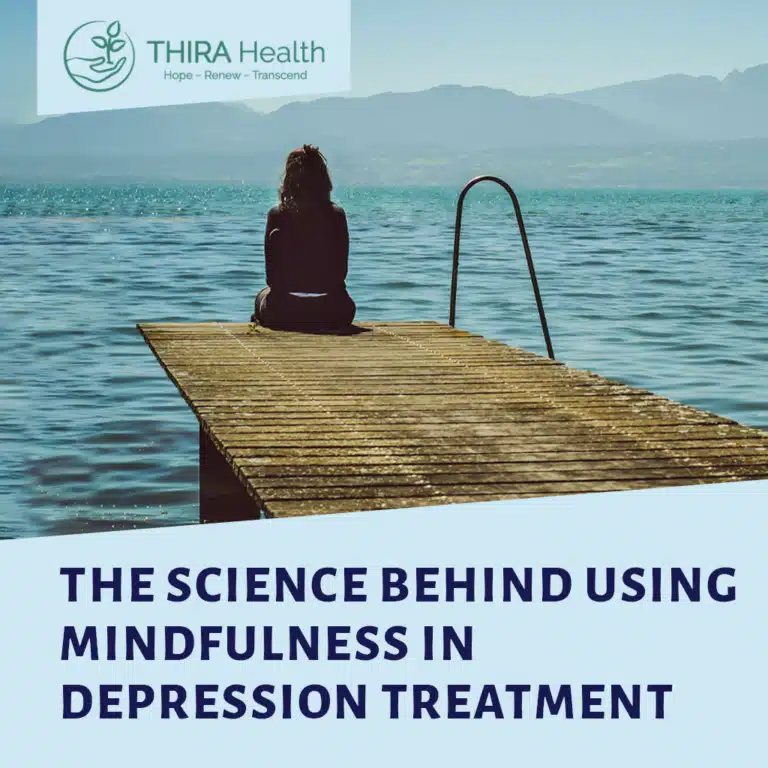Tell us about what you do at THIRA Health. Why did you first decide to become a dietitian/what inspired your path?
I’m a Registered Dietitian at THIRA. I initially wanted to be a recipe tester for a food magazine (basically you get to cook all day in amazingly outfitted kitchens). I was also really interested in photographing food for magazines. I decided to go into a Food and Nutrition Program at Ryerson University in Toronto, my hometown, and then fell in love with the field of dietetics.
What is something you feel like most people do not know about eating disorders?
If you’ve met one person with an eating disorder, then you’ve met only one manifestation of an eating disorder. In other words, no two eating disorders are the same. Eating disorders don’t discriminate based on body weight, body size, age, race, gender, socioeconomic level, education level, etc. There is no cause of an eating disorder and nobody can be blamed for having or causing one. Another myth about eating disorders is that recovery does not depend on weight. A person who suffers with anorexia nervosa does not recover by simply eating and gaining weight. A person who suffers from binge eating disorder does not simply need to stop eating and lose weight. Eating disorders take an enormous toll on the brain and body, particularly the gastrointestinal tract. Recovery takes time and patience, and it is possible.
How are eating disorders and mental health related?
They often go hand in hand. When the brain and body are impacted by eating disorder behaviors (starvation, binge eating, vomiting, excessive exercising), it becomes increasingly more difficult for a person to combat intrusive negative thoughts. This often leads to an increase in anxiety and depression which perpetuate poor body image and low self-worth. The more intrusive the eating disorder thoughts become, the more they convince a person that those thoughts are truth which further impacts their mental health.
Conversely, anxiety and depression often lead to changes in appetite, poor body image, low self-worth, nutrient deficiencies, and poor sleep hygiene. These conditions often open a door to eating disorder behaviors as a way to cope with such intense negative thoughts.
The positive news is that proper nutrition leads to improvement in sleep and sharper brain function which promotes psychological and physiological wellbeing. As the brain and body heal, a person has a much greater opportunity to increase their ability to think rational thoughts and engage in therapy and skills building to help decrease depression and anxiety, and refocus on their life worth living goals.
What do you like to do for fun?
I love to travel, particularly to hot, sunny climates. The beach is my happy place whether it’s in Mexico or the Oregon Coast. I love to cook, bake, and feed people. I enjoy discovering out of the way places in the PNW and BC, and I love spending time with family, particularly two kids who always seem to keep me on my toes!
What is your favorite thing about THIRA Health?
I love the THIRA community. The staff are authentic, caring, intelligent, creative, and funny. No matter how difficult the day is, there is always a coworker who will take the time to listen, provide support, and understand. We are truly a team who care for each other and our patients which makes for a great workplace. A special shout out to the nutrition team who are a fantastic group of people who aren’t afraid to work hard while maintaining composure and grace.






